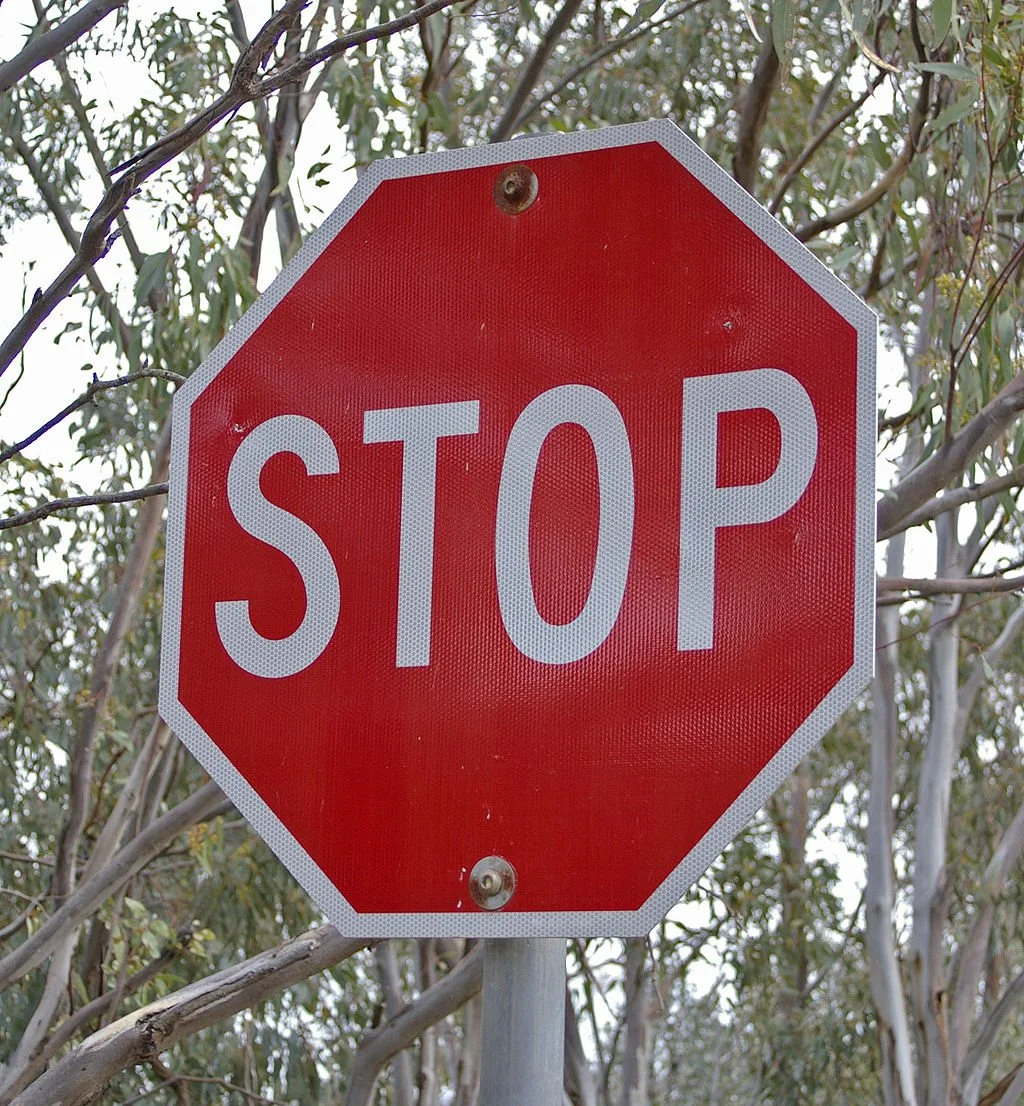![Document Requests]()
In the body of a document request, an attorney will set forth numbered requests for documents. The number of requests may vary, but it is not uncommon for a document request to have fifty or more numbered requests. In my experience, some requests are broad and others are specific.
Read More
![Litigation in Spain]()
In commercial disputes, there is no prior questioning of witnesses and you must go to trial with the evidence you already have. This makes trial very difficult because some evidence cannot be obtained in advance, due to the data protection law.
Read More
![Document Review Strategies]()
Companies often compile spreadsheets or other documents that are helpful to better understand the facts of the case or to evaluate claims made by witnesses. I try to keep an eye out for documents like employee directories, monthly financial statements, and organization charts.
Read More
![Frequently Used Software]()
Law firms often use document management software to store documents. Instead of saving documents in a folder or a shared network drive, law firms often allow employees to save documents on a system in which each document gets a unique ID number. The system then allows any other user to access the document.
Read More
![Temporary Restraining Orders]()
Temporary Restraining Orders frequently arise in disputes arising from the use of confidential material or intellectual property. This may be because it is difficult to quantify the damage arising from improper use of confidential material and so a money judgment may not properly compensate a plaintiff.
Read More
![Release]()
In a settlement negotiation, the defendant's main objective is to get a release from the plaintiff. A defendant usually offers the plaintiff money in exchange for a promise by the plaintiff not to sue and to end any existing litigation. But the defendant usually also wants a release from the plaintiff because it legally ends the threat of any future litigation by the plaintiff on the subject of the dispute.
Read More
![Confidentiality]()
If someone finds the filings and publicizes them further, it is usually too late to do anything about it. Newspapers and other media often scour filings to look for scandalous claims to publicize. And sometimes search engines can capture them and the filings can get captured by internet searches. There is virtually nothing that can be done to stop people from talking or writing about something that is already in the press or captured by search engines.
Read More
![Defaults]()
If a defendant does not respond before the deadline, then the plaintiff can ask the court to award it a default judgment. A default judgment is (in most ways) the equivalent of a judgment that a plaintiff would have gotten if it had proved its claims at a trial.
Read More
![Document Discovery Basics]()
Document requests are often very broad because the lawyers making the request at the start of a case do not know what evidence the opposing party possesses. Accordingly, they often ask the opposing party for all of the documents it possesses on various topics that are relevant to the dispute.
Read More
![E-Filing]()
How do you start a lawsuit? The answer in a lot of places and under many situations is by electronically filing a document!
Read More
![Demand Letters]()
A demand letter will rarely convince someone that they are wrong, because few people ever believe that they are wrong. But if a letter contains a good explanation of the relevant facts and law, it can help the other side's lawyer explain to their client why it may be better to settle than to litigate.
Read More
![Depositions]()
Depositions are interviews by a lawyer, usually in a conference room, in front of a stenographer (also called a court reporter, even though they do not work for the court) who takes down a word-for-word transcript of the discussion. One major purpose for a deposition is for the lawyer to learn information from a witness, and to know what the witness will say if she is called at trial. The lawyer can also use this transcript as evidence to support an argument before trial, or as evidence at trial if the witness under certain circumstances.
Read More











